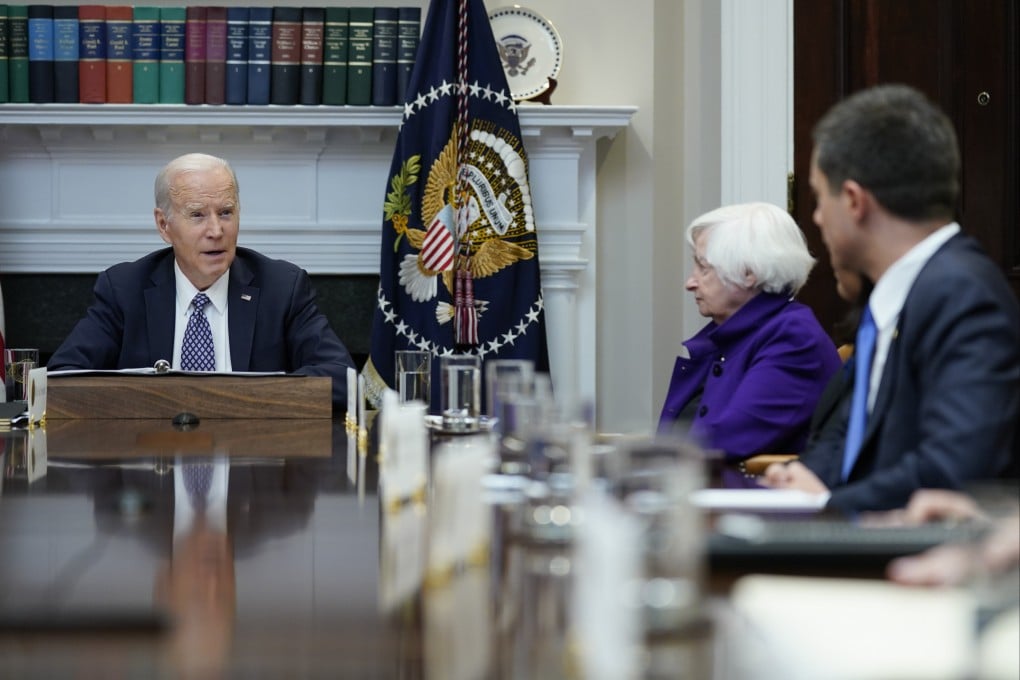Inside Out | Despite dangerous new Washington consensus on China, voices for peace must not falter
- The Dunning-Kruger effect describes how people with a limited amount of information about a particular subject can perceive themselves to be experts
- As Washington seems to be filled by such experts on China, more moderate, fact-based thinkers are sorely needed

In 1933, on the brink of World War II, philosopher Bertrand Russell observed: “The fundamental cause of the trouble is that in the modern world the stupid are cocksure while the intelligent are full of doubt.”
This depressing observation seems to have been front-of-mind for several friends who have had the dubious pleasure in recent months of visiting the United States in general, and Washington in particular. Most doors to officials were closed. Those who left doors open showed more interest in lecturing than listening.
Russell’s observation is often linked with the Dunning-Kruger effect, named after Cornell University psychologists David Dunning and Justin Kruger. It refers to how a person’s confidence in understanding a particular subject skyrockets with just a little exposure to that information, but then plummets as one begins to learn more. In short, it illustrates how people with a limited amount of information about a particular subject can perceive themselves to be experts. It seems Washington is today filled by such experts.
I would add three further thoughts: that 21st century social media has greatly powered this effect; that certain types of people prefer simple untruths to complicated truths; and that even among those perceived as experts, fallibilities like confirmation bias allow them to build narratives on evidence that cannot survive scrutiny, and on aggressive motives that are of their own imagining.
